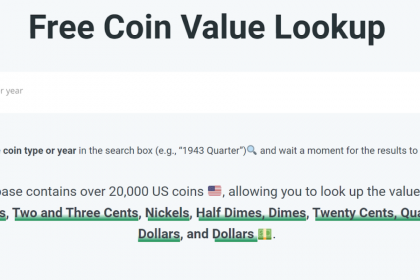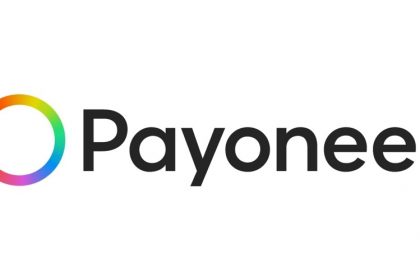In 2024, businesses rely heavily on third-party software to support their operations. This dependency poses significant risks if the software vendor experiences disruption, such as bankruptcy or a failure to maintain the software. Software escrow agreements are a critical component of any disaster recovery strategy, offering a safety net that ensures business continuity in such scenarios.
What Do We Mean by Software Escrow?
A software escrow agreement involves three parties. The software developer, the end-user, and an independent escrow agent, such as SES. The arrangement requires the developer to deposit the source code, data, and other essential materials with the escrow agent. These materials are securely stored and available for release to the end-user if predefined conditions, such as vendor failure, are met. This ensures that the end-user can continue using the software even if the vendor cannot support it.
Ensuring Business Continuity
One of the main reasons to incorporate software escrow into your disaster recovery plan is to mitigate the risk of operational downtime. If a software vendor goes out of business or fails to provide necessary updates and support, the end-user may lose access to critical applications. With a software escrow agreement in place, businesses can obtain the source code and related materials to maintain and update the software independently. This capability ensures that business operations can continue without interruption.
Protecting Investments
Investing in software solutions often involves significant financial and operational commitments. A software escrow agreement protects these investments by ensuring that the end-user retains access to the software regardless of the vendor’s circumstances. This protection is particularly crucial for bespoke or highly customised software solutions where finding an alternative might be challenging and extremely time-consuming.
Facilitating Compliance and Security
Compliance with industry standards and regulations is another aspect of disaster recovery planning. Special escrow services, like those provided by SES, offer secure storage in List-X compliant facilities and UKFast’s secure data centres. This ensures that the source code and related materials are protected against unauthorised access and tampering. Regular updates and monitoring further enhance security, providing peace of mind that the materials will be accurate and complete when needed.
Tailored Solutions
Every business has unique requirements, and disaster recovery solutions must be adaptable to these specific needs. SES offers bespoke software escrow agreements tailored to individual business circumstances. This includes various validation testing options to ensure the deposited materials can be rebuilt and redeployed accurately. By working closely with the development team, SES’s experienced engineers create a custom package that integrates seamlessly with existing systems, minimising workflow disruption.
Real-Time Interim Releases
While standard escrow release processes can take several days to weeks, SES’s Live Continuity Protection (LCP) service offers real-time interim releases. This feature bridges the gap between initiating the release process and its completion, reducing operational downtime and ensuring rapid accessibility to hosted applications during a disaster.
SaaS and Cloud-Based Applications
As more businesses adopt cloud-based solutions, the need for SaaS escrow services grows. SaaS escrow agreements ensure that the most current version of the application data, along with the source code, is held securely. In the event of a disruption, this guarantees continued access to critical cloud-based applications, supporting ongoing business operations.








